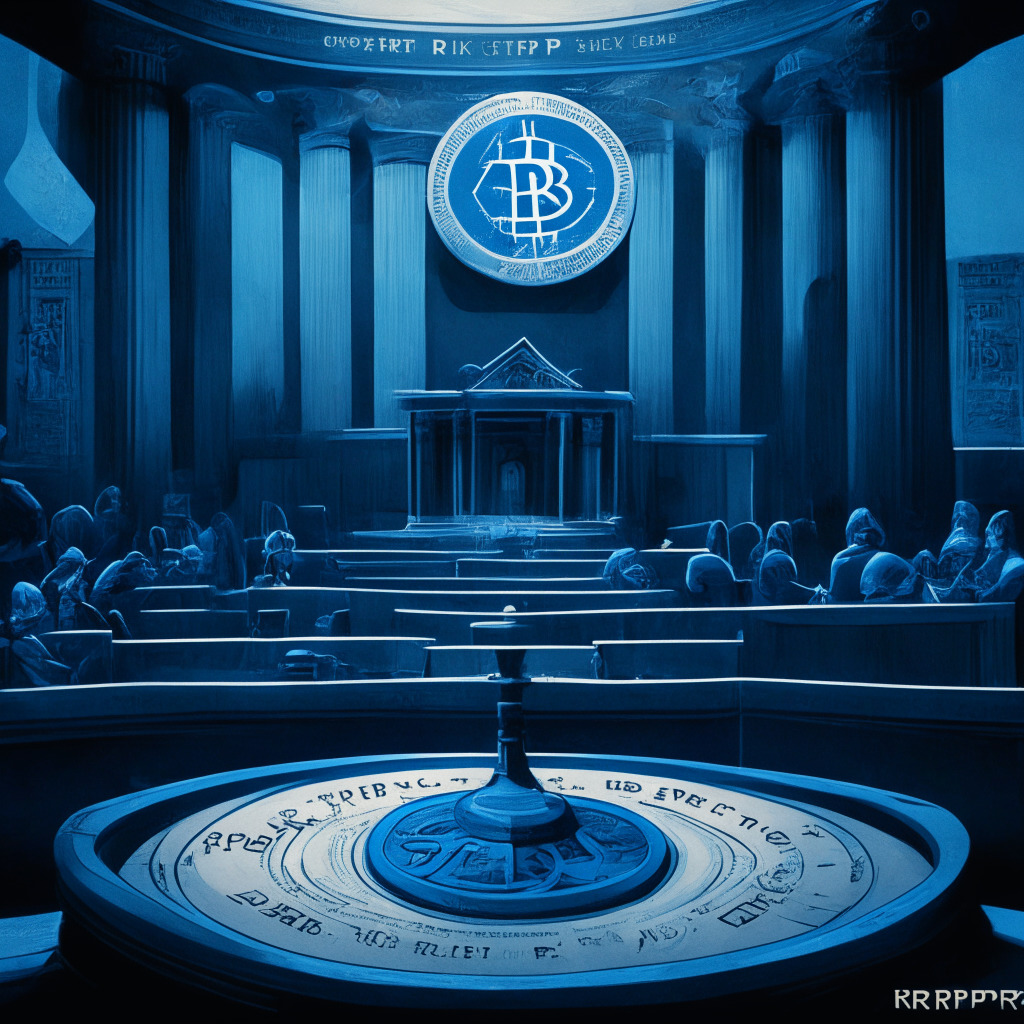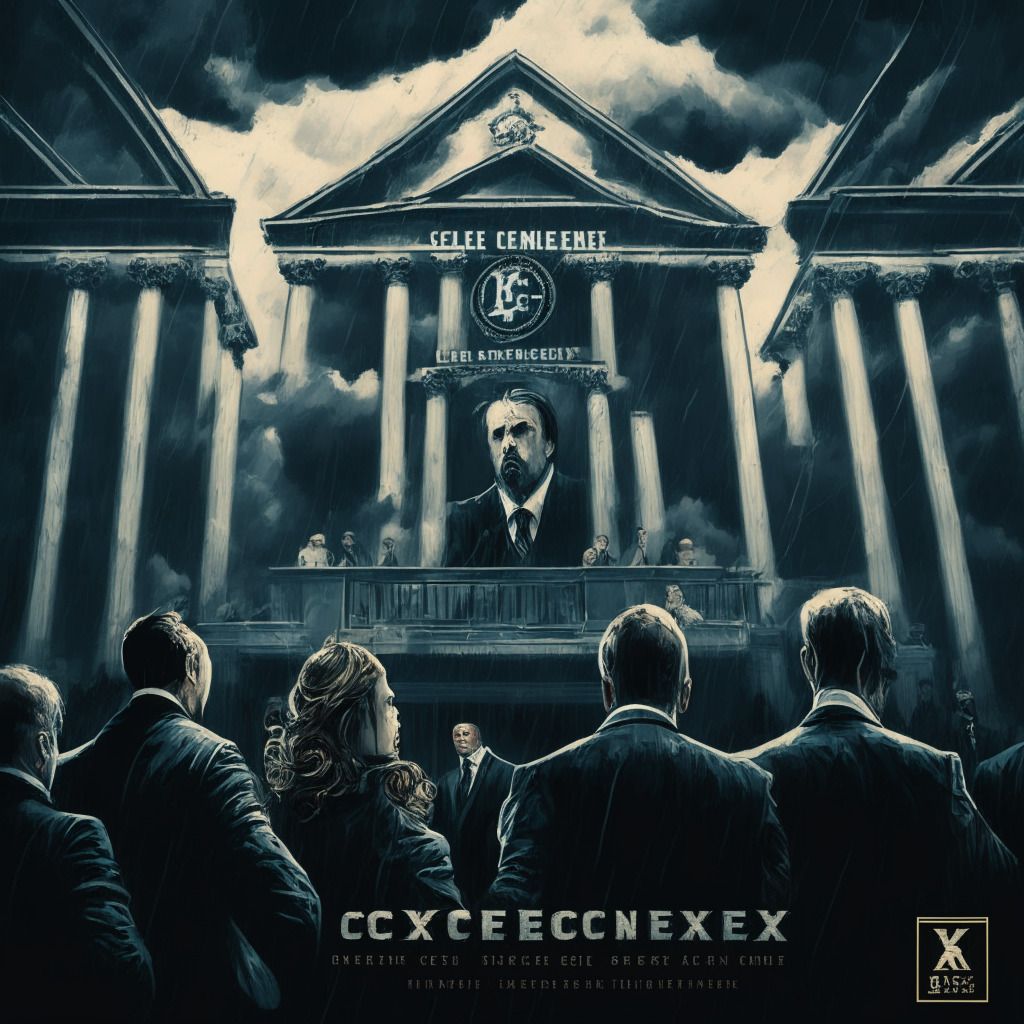Cryptocurrency tokens are often sold publically, but their legal definition remains murky. Recently, judge Analisa Torres of the Southern District of New York delivered a split decision in SEC v. Ripple Labs et al., implying that XRP could be considered both a lawfully sold investment contract or “something else” when sold non-identifiably via digital asset exchanges. This state of affairs only perpetuates uncertainty within the cryptocurrency markets – a predicament that can only be addressed by legislative steps from Congress.
Under legal analysis, Ripple Labs’ sales of tokens were divided into three categories: institutional sales; direct retail sales on digital asset exchanges; and restricted token purchase agreements or option contracts to employees and other service providers.
Ripple faced a setback in the first category of institutional sales, which many legal experts agreed with. Interestingly, the Court sided with Ripple in the second category of programmatic sales, asserting that the third “expectation of profits” aspect of the Howey Test was not met since programmatic buyers did not necessarily have knowledge that their payments were directly to Ripple. While this finding could be challenged – since the expectation of profit does not necessarily depend on the efforts of the seller but rather the efforts of another party – the ruling stands for now. However, Ripple’s victory here may well be reversed on appeal.
Furthermore, the Court surprised many by ruling in favor of Ripple on the basis that “Other Distributions” did not satisfy the first aspect of the Howey Test, the “investment of money”. This has raised eyebrows amongst many in the cryptocurrency world, as it could be interpreted that tangible and measurable consideration, like employee services or application development, do not necessarily constitute an “investment of money”.
This determination places the legal status of XRP into a peculiar position: It’s a security when sold to an institutional investor in a primary sale, but it isn’t when sold anonymously on a cryptocurrency exchange, or when sold as an exchange for services to insiders. This inconsistency is unsatisfactory from a regulatory standpoint and further muddies the waters regarding token purchasing.
At the end of the day, two paths are presented to issuers in the U.S. market. The first, if regulations remain unchanged, is that new token issuers could potentially exploit this narrow ruling to launch new programmatic token schemes. The alternative lies with the U.S. Congress, which could pass laws to standardize cryptocurrency investment, ushering in a well-defined legal status for all token transactions.
At this stage, Ripple’s business of selling tokens in the United States isn’t unequivocally legal. However, with the current ruling which supports Ripple’s operations, the future of cryptocurrency regulation remains a bone of contention. Consequently, this imposes considerable encumbrances on U.S. cryptocurrency businesses and leaves much to be desired in terms of progressive regulation. Our best hopes rest on the shoulders of Congress, who can provide clearer, more definitive laws towards making cryptocurrency transactions safer and more predictable.
Source: Coindesk




